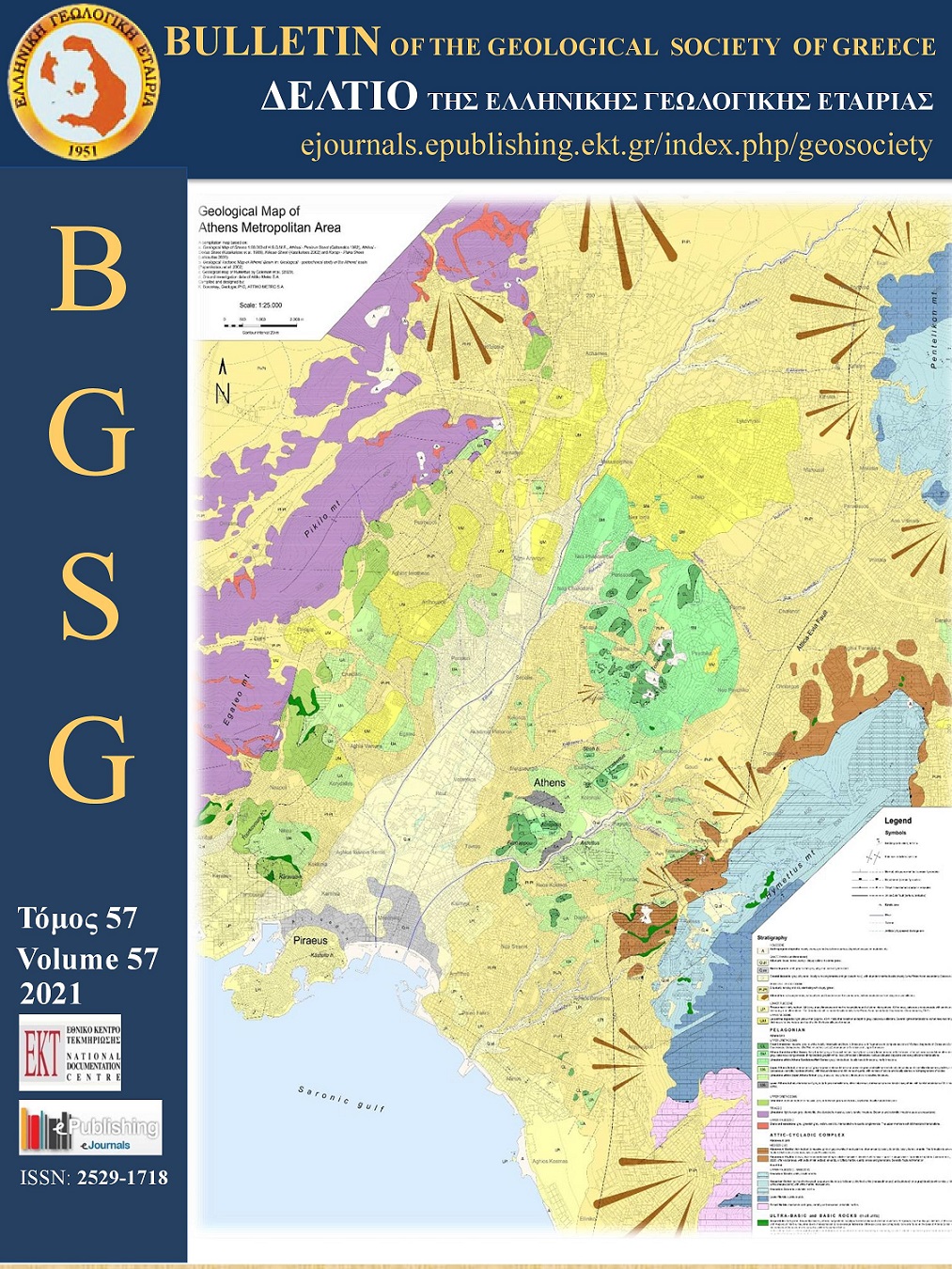Status and codification of karst aquifer systems in Greece
Résumé
Karst groundwater is an important natural resource for the water supply. The karst aquifer systems of Greece are developed within carbonate sedimentary (limestone, dolomite) and metamorphic rocks (marbles) and contribute significantly to water supply for domestic and irrigation use. They are discharged through springs: submarine, coastal brackish and inland freshwater springs. This review presents the general characteristics of karst aquifers focusing on hydraulic properties. Evaluation of the results shows that the hydraulic parameters of the karstic aquifer systems range within a large scale of values depending on karstification, tectonics and stratigraphy. High values of transmissivity and specific capacity are recorded in the upper stratigraphically levels of the karstic aquifer systems. In addition, a total of 229 different karst systems were classified according to five criteria: 1) Lithology, 2) Position, 3) Quality status, 4) Exploitation and quantitative status and 5) Discharge of springs. The majority (80%) of karst systems is developed in sedimentary rocks (limestones) and is of good water quality and quantitative status. Poor water quality status is recorded in coastal karst aquifers (mainly on islands) due to seawater intrusion phenomena. Finally, this work summarizes the characteristics of the karst aquifers in Greece in order to ensure the sustainable management of groundwater resources.
Article Details
- Comment citer
-
Voudouris, K. S. (2021). Status and codification of karst aquifer systems in Greece. Bulletin of the Geological Society of Greece, 57(1), 23–51. https://doi.org/10.12681/bgsg.25471
- Numéro
- Vol. 57 No 1 (2021)
- Rubrique
- Hydrology and Hydrogeology

Ce travail est disponible sous licence Creative Commons Attribution - Pas d’Utilisation Commerciale 4.0 International.
Authors who publish with this journal agree to the following terms:
Authors retain copyright and grant the journal right of first publication with the work simultaneously licensed under a Creative Commons Attribution Non-Commercial License that allows others to share the work with an acknowledgement of the work's authorship and initial publication in this journal.
Authors are able to enter into separate, additional contractual arrangements for the non-exclusive distribution of the journal's published version of the work (e.g. post it to an institutional repository or publish it in a book), with an acknowledgement of its initial publication in this journal. Authors are permitted and encouraged to post their work online (preferably in institutional repositories or on their website) prior to and during the submission process, as it can lead to productive exchanges, as well as earlier and greater citation of published work.



